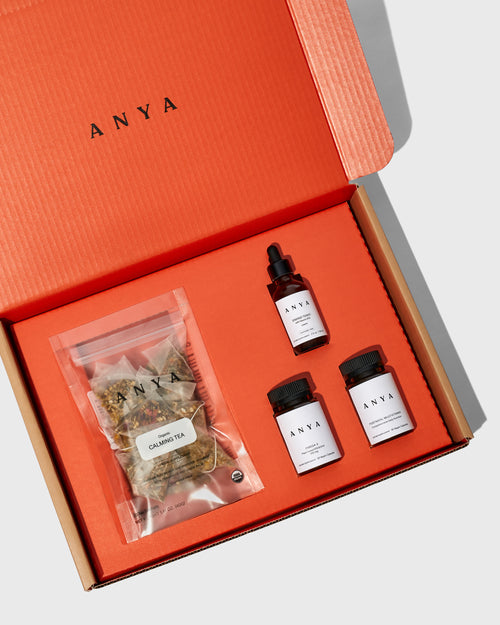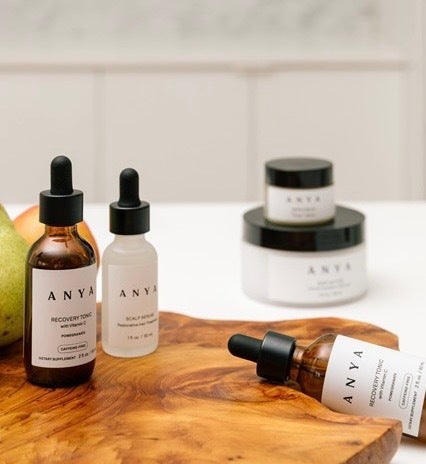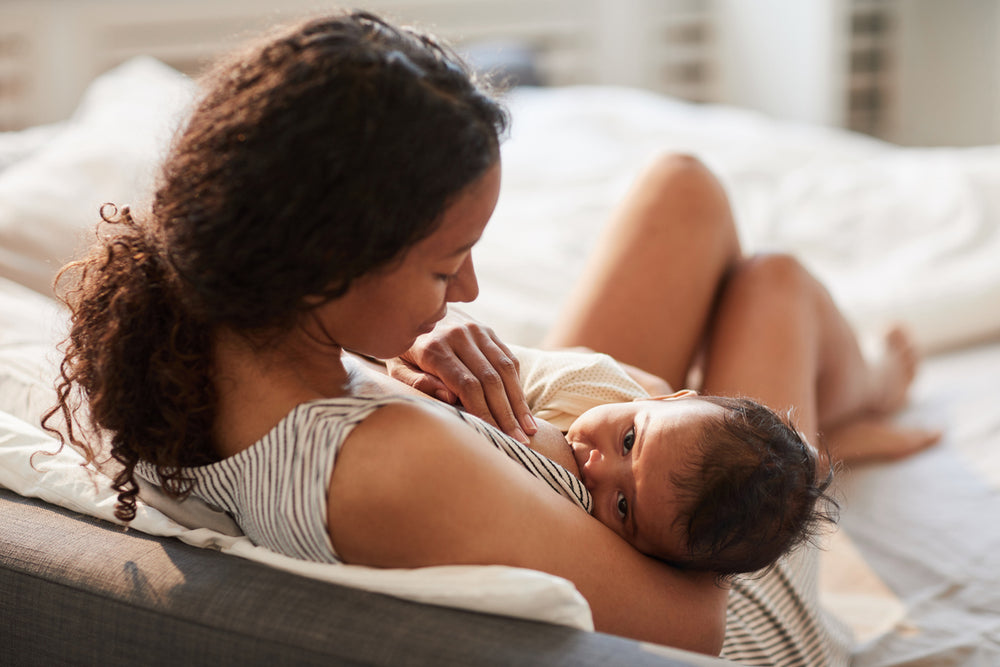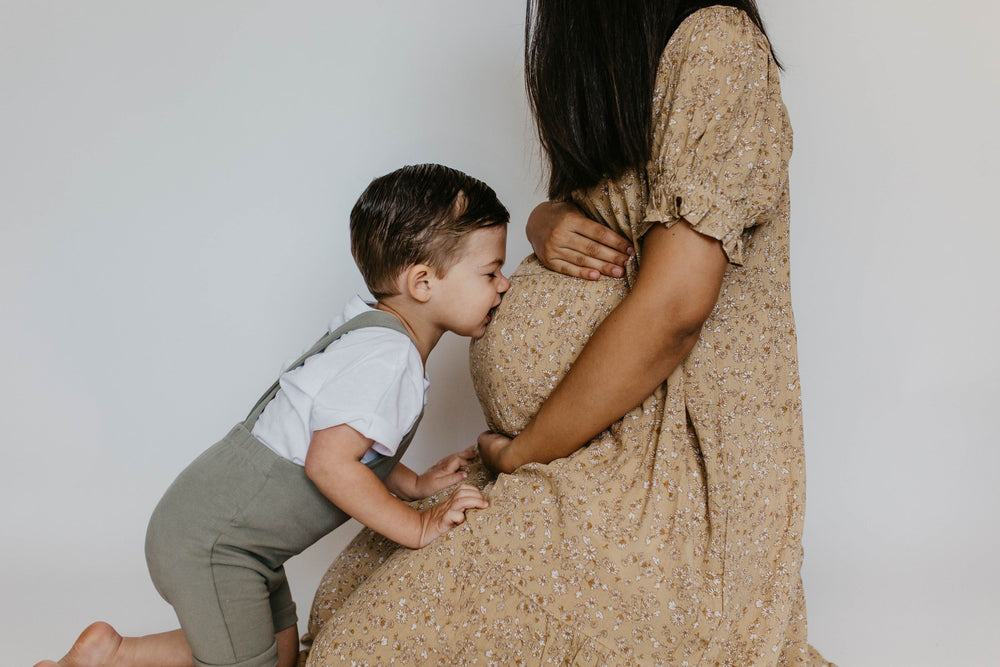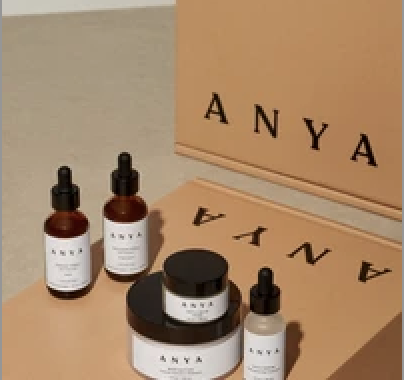“I want to make something perfectly clear: This is absolutely not stealing,” says Tamzen Mckenzie, a nurse in the Pediatric Emergency Department at Boston Medical Center. “The mom’s hospital room will be well-stocked with supplies that she will use for the stay. Other than hospital equipment and things that can be laundered, the disposable or ‘one time/person use’ items will be considered contaminated and disposed of...” Christine Kealy, founder of In a Family Way Postpartum Doula Care in New York and a retired doula, is more direct. “What you want to do is back a truck up to the loading dock of the hospital and fill it up,” she says. “Obviously, you can’t do that, but that’s the general idea..”
Sitz Bath
This is the plastic tub that you can fill with warm water and fits over a toilet seat. It helps promote healing and cleansing of the perineal area. “A sitz bath is especially helpful if you had an episiotomy,” says Mckenzie. If there isn’t one in your hospital bathroom, ask the nurse to bring one in—and be sure to take it home with you.
Peri Bottle
This is a squirt bottle that helps with cleansing the perineum (that whole area between the urethra and anus). It also helps if you experience burning during urination, which can last a few days or even weeks after giving birth. Take one home and store it in your bathroom so you can fill it with warm water and squirt on your perineum when urinating or afterward to clean the area.
Tucks Medicated Cooling Pads
You’ll likely have a pack of these in your hospital room, and if you don’t, feel free to ask for them. If you have hemorrhoids—or just general discomfort around your anus or perineum, they’re perfect for relieving burning and itching, says Mckenzie.
Dermoplast Pain, Burn & Itch Spray
If your vagina tears during delivery or you have an episiotomy, this is great for relieving the pain of the wound and the itching as stitches heal. They may not have it in every hospital, but you can buy it over-the-counter.
Breast Pads
“When your breast milk comes, your breasts will leak. Pads also help if your nipples are sore,” says Mckenzie, who suggests asking the nursing staff for extras once a day.
Maxi Pads
Most people bleed for several weeks after giving birth. “The maxi pads at the hospital are huge and long and highly absorbent,” says Mckenzie. You can’t have enough of them.
Mesh Underwear
“Take as many of the disposable mesh underwear as they’ll let you” says Kealy. The snug mesh helps hold a maxi pad in place and fits comfortably over your abdomen.
Breastmilk Bottles
Even if you don’t pump at the hospital, take home the plastic breastmilk bottles they have given you, or put in your room. They will be good for feeding and storage if you pump later on in your feeding journey.
Water Jug
“New mothers need to drink 16 cups, or two to three of these a day,” says Mckenzie. “And for some women the hospital water jug—with a handle and straw—is convenient and comforting.”
Bed Chucks
These cloth mattress protectors serve many purposes. In the hospital, they’re usually used by the new mother as a means to absorb any fluid after giving birth. They may use washable ones, but often there are some disposable one that will be supplied and work the same. Once you get home, “you can make any surface a diaper changing surface with one of these or you an do sponge baths on them,” says Mckenzie. “And when your baby is a toddler and starts potty training, you can use them yet again.” You can never have too many chucks.
Lansinoh
Grab a few tubes of Lanisoh to get you home from the hospital. Once you get home, you may want to transition to a lanolin-free nipple balm instead.
Petroleum jelly and gauze squares
If your baby had a circumcision, these will be necessary for a week to help with healing.
Swaddle Blankets (a.k.a. receiving blankets)
When your baby is newborn small, those pink and blue striped blankets are perfect for swaddling. And as the baby grows, the blankets become the perfect burp cloths. Unlike most of the things available to you in the hospital, the swaddling blankets will likely be washed and reused, so ask the nurse if it’s appropriate for you take a few home..
Suction Bulb
You’ll use this every time your baby has a cold. “It’s the only way to get a stuffy nose cleared on an infant,” says Mackenze.
Pacifier
Delivery units use a generic brand pacifier that is only available in the hospital. “People obsess over them,” says Mackenzie. If your baby seems to like the hospital pacifier, ask for a few to take with you in case the store-bought pacifiers don’t work as well.
Diapers and Wipes
Any items that are brought into your room are considered contaminated after you leave and are thrown away. Take whatever is in the cart that comes into your room.
Baby Hats
Take as many as they offer you and maybe ask for extras. You’ll use them for months—anytime you go outside in cold temperatures, put the baby in a carseat, or whenever you think your baby isn’t warm enough.
Perineal cold pack
If they don’t give them to you, be sure to ask. In the first few days after delivery, there is nothing as soothing as a cold pack, and it will help with swelling and inflammation.
